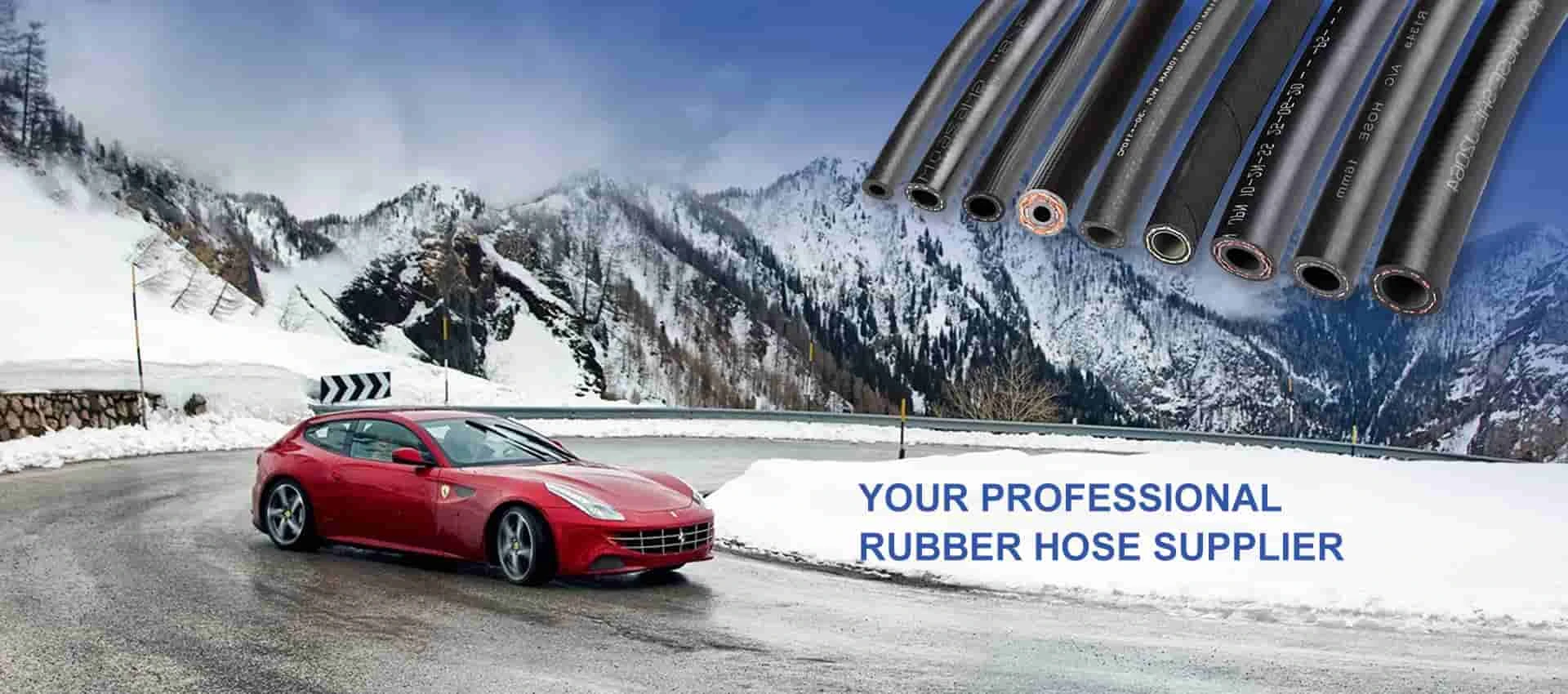Choosing the Right Car Fuel Hose for Optimal Performance and Safety
Oct . 18, 2024 16:28 Back to list
Choosing the Right Car Fuel Hose for Optimal Performance and Safety
Understanding the Importance of Car Fuel Hoses
Car fuel hoses may not be the most glamorous component of a vehicle, but they play a crucial role in the performance and safety of your automobile. These hoses, which transport fuel from the tank to the engine, are vital for efficient operation and emissions control. In this article, we will discuss the importance of fuel hoses, common materials used, signs of wear and tear, and maintenance tips to ensure your vehicle runs smoothly.
The Role of Fuel Hoses
The primary function of fuel hoses is to carry gasoline, diesel, or alternative fuels from the fuel tank to the engine’s fuel system. This process is essential for the internal combustion engine to function properly. The fuel must not only reach the engine but do so under the correct pressure and in a safe manner. Fuel hoses must be able to withstand various conditions, including temperature fluctuations, vibrations from the engine, and exposure to harsh chemicals found in fuels.
Common Materials Used
Fuel hoses are typically made from synthetic materials designed to resist the effects of fuel and other environmental factors. Common materials include
1. Rubber Traditional fuel hoses are often made from rubber due to their flexibility and durability. However, older rubber hoses can deteriorate over time, particularly if they are exposed to ethanol-blended fuels.
2. Polyurethane This material is becoming increasingly popular for fuel hoses. It offers excellent resistance to abrasions and chemicals while maintaining flexibility.
3. Nylon Nylon hoses are lightweight and resistant to high pressures, making them ideal for high-performance applications. They are often found in racing and performance vehicles.
4. PTFE (Polytetrafluoroethylene) Known for its high resistance to temperature and chemical damage, PTFE hoses are often used in specialized applications where harsh conditions are present.
Understanding the materials used in your vehicle’s fuel hoses can help when it comes time for replacements or upgrades.
Signs of Wear and Tear
Given the critical nature of fuel hoses, it is essential to monitor them for signs of wear and damage. Some common indicators include
car fuel hose

1. Cracking Over time, fuel hoses can develop cracks due to exposure to environmental factors and the fuel itself. Cracks can lead to leaks, which pose safety hazards and can harm engine performance.
2. Swelling or Softness If a fuel hose feels excessively soft or swollen, it may be degrading internally. This could lead to fuel leaks, which can be dangerous.
3. Leaks Any visible leaks around the fuel hose connections or along the length of the hose are a serious signal that the hose needs to be replaced.
4. Deterioration Look for signs of deterioration, such as discoloration or stiffness in the hose. These changes often indicate that the hose has reached the end of its functional life.
Maintenance Tips
Maintaining your car’s fuel hoses is essential for ensuring safety and performance. Here are some tips
1. Regular Inspections Regularly check your fuel hoses for signs of wear, cracks, or leaks. It’s best to do this during routine maintenance checks.
2. Use Quality Fuel Using high-quality fuel can help reduce the risk of damage to fuel hoses. Poor-quality fuel can contain contaminants that accelerate hose wear.
3. Protect from Heat Avoid exposing fuel hoses to excessive heat. Ensure that they are positioned away from sources of high temperature, such as the engine block or exhaust systems.
4. Replace When Necessary If you notice any signs of wear, replace the hoses promptly to prevent any safety issues. It’s generally recommended to replace fuel hoses every few years, depending on the material and usage.
Conclusion
In conclusion, car fuel hoses may be a small component in the overall functioning of a vehicle, but they are critical for facilitating fuel delivery and maintaining engine performance. Understanding their materials, recognizing signs of wear, and performing regular maintenance can help you avoid costly repairs and ensure your vehicle remains safe on the road. By being proactive in inspecting and maintaining your fuel hoses, you’ll contribute to the longevity and reliability of your automobile.
